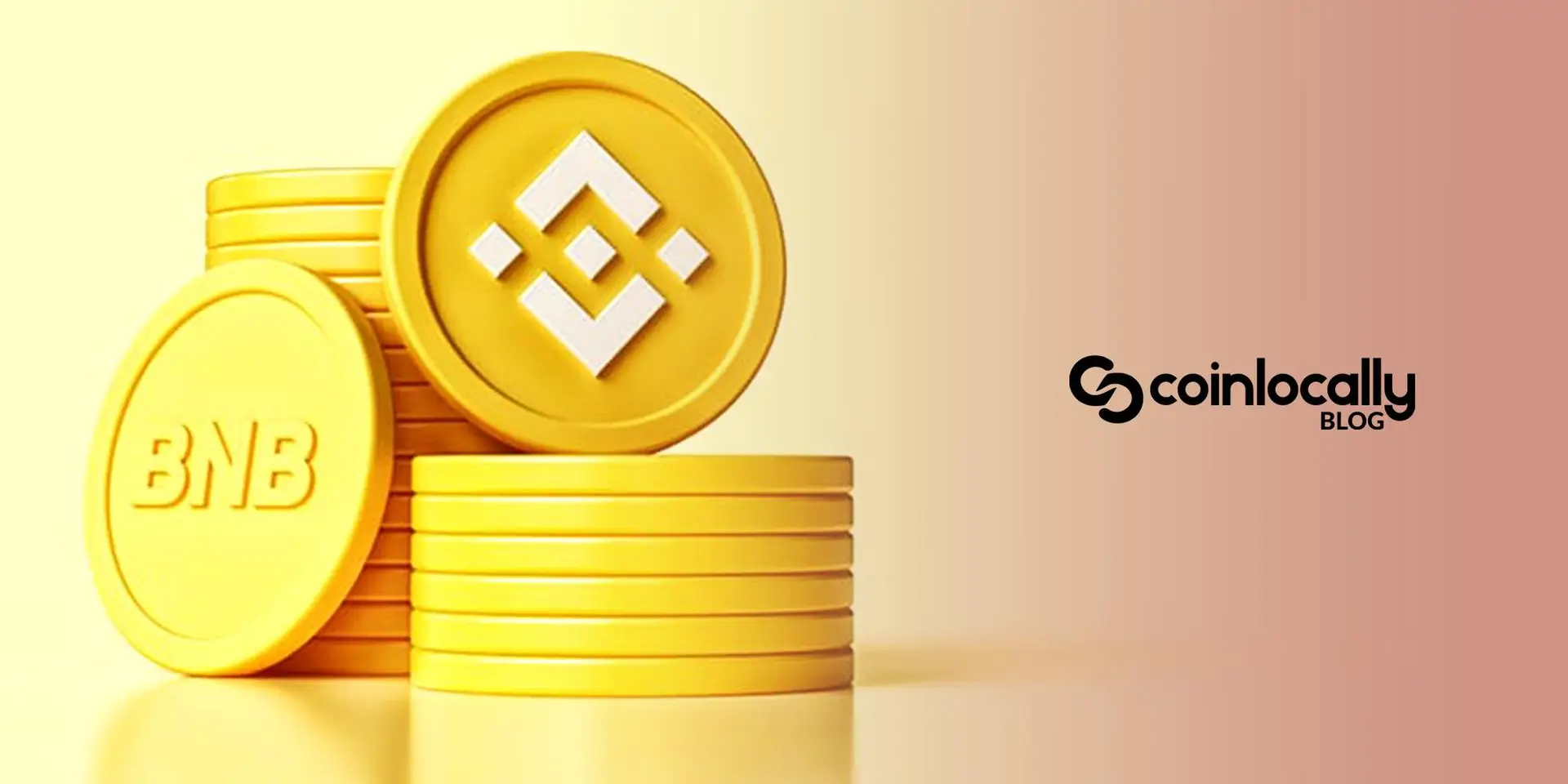
BEP-20
What Is BEP-20?
BEP-20 is a token standard used on the BNB Smart Chain (formerly Binance Smart Chain). It defines how tokens behave on the network, including their transfer, who owns them, and how they interact with smart contracts.
The standard is similar to Ethereum’s ERC-20 but optimized for lower fees and faster transactions.
Understanding the BEP-20 Token Standard
How It Works
BEP-20 acts as a rulebook. Every token built using this format follows the same rules. These rules ensure that tokens can work with wallets, exchanges, and dApps on the BNB Smart Chain.
For example, Trust Wallet and MetaMask support these tokens because they follow a standard format.
Compatibility with Other Standards
BEP-20 is closely modeled after Ethereum’s ERC-20, making it easy for developers to create similarly functional tokens. For flexibility, many projects launch tokens on Ethereum and BNB Smart Chain.
The main advantage? Faster and cheaper transactions on BNB Smart Chain.
Key Features of BEP-20
Interoperability
Tokens created under this standard are compatible with major wallets and DeFi platforms that support BNB Smart Chain, making them highly usable and liquid.
Projects can also create bridges to move tokens between chains.
Customization
Developers can tweak certain elements when creating a BEP-20 token. These include:
- Total supply
- Token name and symbol
- Decimal precision
- Ownership and permissions
This makes the standard ideal for launching utility tokens, governance coins, or stablecoins.
BEP-20 vs. ERC-20
Similar but Different
While both standards work in similar ways, they belong to different networks. ERC-20 is for Ethereum, and BEP-20 is for the BNB Smart Chain.
The biggest differences:
- Transaction speed: BNB Smart Chain is usually faster.
- Fees: BEP-20 tokens often have lower gas fees.
- Network design: Ethereum is more decentralized, while BNB Smart Chain uses fewer validators for speedier performance.
Use Cases
Both standards are used for DeFi apps, NFT marketplaces, and token-based governance. Some tokens exist in both formats to reach more users.
How to Identify a BEP-20 Token
Check the Blockchain
You can view token details on BscScan, the blockchain explorer for BNB Smart Chain. There, you’ll find:
- Contract address
- Token symbol
- Decimal places
- Total supply
Make sure you’re interacting with the correct contract to avoid scams.
Wallet Labels
Many wallets clearly label tokens as BEP. For example, a token on Binance Smart Chain will show the “BNB” logo or “BEP-20” tag. Always double-check the network before sending or receiving tokens.
Using BEP-20 Tokens
Storing and Sending
You can store these tokens in wallets like:
- Trust Wallet
- MetaMask (when set to BNB Smart Chain)
- Binance Chain Wallet
Sending these tokens works like sending any other crypto. However, you’ll need a small amount of BNB to cover transaction fees.
Swapping and Trading
Many decentralized exchanges (DEXs) on BNB Smart Chain use BEP-20 tokens. Popular platforms include:
- PancakeSwap
- BakerySwap
- ApeSwap
You can trade tokens, provide liquidity, or earn rewards through yield farming and staking.
Security and Risks
Watch for Scams
Because creating tokens using BEP-20 is easy, scammers often launch fake tokens. Always verify contract addresses on trusted sources before buying or trading.
Smart Contract Bugs
These tokens run on smart contracts. If the contract has bugs, tokens could be lost or stolen. It’s essential to stick with well-audited projects or platforms.
Creating a BEP-20 Token
Tools and Guides
Developers can create tokens using tools like Remix, a browser-based Solidity IDE. Binance also offers guides for launching tokens on BNB Smart Chain.
You’ll need some BNB to deploy your contract and pay gas fees.
Smart Contract Deployment
The process involves:
- Writing the token logic
- Setting supply and permissions
- Deploying to the blockchain
- Verifying on BscScan
- Testing and promoting your token
Non-developers can use token creation platforms, but they should constantly review terms and fees carefully.
Real-World Examples of BEP-20 Tokens
Many popular tokens use this standard, including:
- CAKE (PancakeSwap)
- BUSD (Binance USD)
- XVS (Venus Protocol)
These tokens power DEXs, lending platforms, and more. They also represent stablecoins and governance roles within DeFi apps.
Final Thoughts
This token is a key BNB Smart Chain ecosystem token standard. It enables fast, affordable transactions and supports various crypto use cases. Whether you’re a trader, investor, or developer, understanding how BEP-20 tokens work can help you navigate the world of DeFi more confidently.
